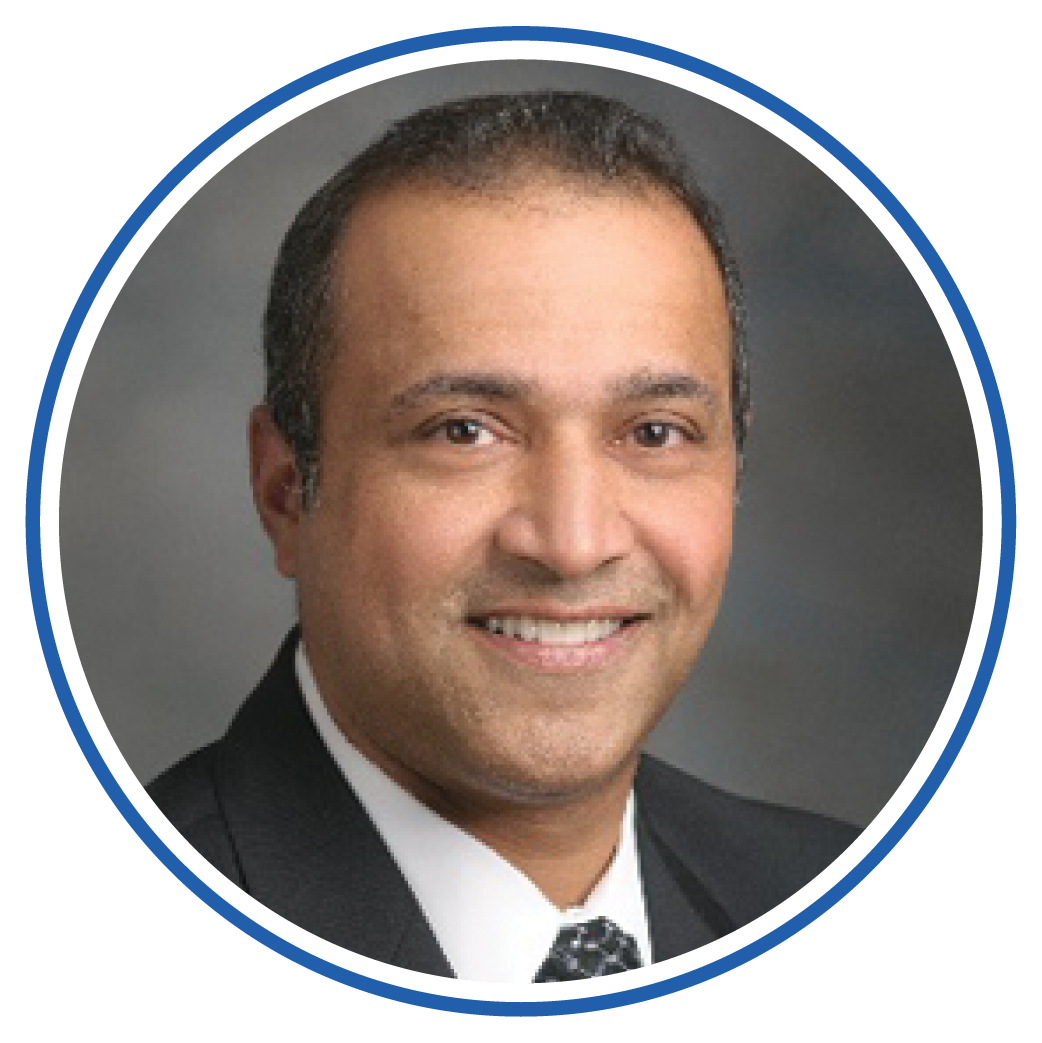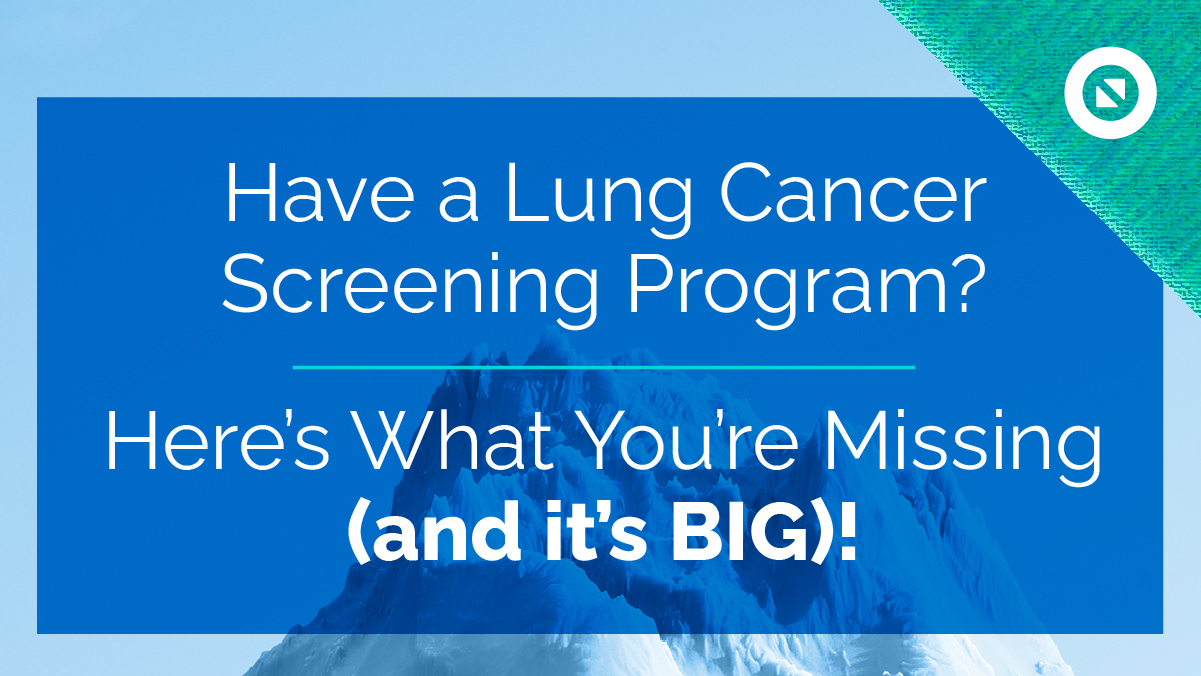It’s no secret that our current healthcare system is fragmented at best. It’s not uncommon for information to become siloed, or even lost in the midst of endless administrative tasks and unrelenting workflows. Physicians do their best with what they have. But what if there was a way to work together to create better outcomes for everyone, including, most importantly, patients. The AABIP is working to do just that. We sat down with Dr. George Eapen of MD Anderson Cancer Center and current AABIP President to discuss a groundbreaking reporting tool that will advance the field of interventional pulmonology and ultimately save lives – the AABIP Pulmonary Procedures Registry, powered by Eon.
Q: To start at the beginning, what’s a registry and why do bronchologists and interventional pulmonologists need one?
A: A registry is simply a platform where physicians can share their procedural cases with one another. This sharing of information permits all physicians involved in the registry to understand more about the utility and application of these procedures, including the clinical outcomes and any complications. Registries help identify areas for quality improvement or additional resource allocation, and may also facilitate research by highlighting gaps in either knowledge or application across multiple different practice settings.

Dr. George Eapen, AABIP President
Q: What other specialties are making good use of a registry?
A: Quality registries are very common in high stakes procedural specialties. Gastroenterology, thoracic surgery and breast imaging are but a few other specialties that make use of registries very effectively. As the field of Interventional Pulmonology matures, and Interventional Pulmonologists become an indispensable part of the lung cancer care continuum, the AABIP believes that the time has come for a pulmonary procedures focused registry that will promote and facilitate excellence in the field.
Q: What about workflow – will this project make a lot of busy work for participants?
A: The best kind of registry is one that does not create any additional work for already busy clinicians. In partnership with the software and implementation experts at Eon, the AABIP hopes to deploy a registry that will require minimal effort on the part of clinicians while providing the data and tools to make patient care even more effective.
Q: What’s your aspiration for five years out – how should the field have changed as a result of the registry?
A: Our hope is that a registry will facilitate the exchange of information and foster innovation by stimulating research questions and supporting robust outcomes-based research in a real world setting.
Q: Ultimately, of course, this is all about patients. How do patients benefit from a registry?
A: Our fondest hope is that with growth and wide adoption of the registry, the standards of clinical care available to patients all across the United States will improve.
Q: Building and maintaining a registry involves considerable back-office expertise. Why did you elect to partner with Eon on that?
A: We elected to partner with Eon primarily for their demonstrated expertise in the creation and management of complex data systems and associated innovative computing solutions. Furthermore, the co-CEOs of Eon, Dr. Aki Alzubaidi and Christine Spraker, have clearly shown an unshakeable commitment to patient-centric, pulmonary-focused care, which completely aligns with the strategic mission of the AABIP.
Q: So why now? What prompted you to decide to make the AABIP PPR?
A: This is actually not a new project. The AABIP has been dreaming of creating such a registry for the last 5 years. Being a small organization with limited resources, we have not been able to realize this dream until we partnered with Eon.
Deep understanding of patient outcomes starts with high-quality data. And high-quality data starts with providers. If you represent an entity performing pulmonary procedures — including hospitals, physician practices, and outpatient surgical centers — please support this initiative to set higher standards for patient care.
Visit the AABIP Pulmonary Procedures Registry or stop by our table at the AABIP annual conference August 11-13, 2022 in Nashville, TN to sign up for a registry demo and to learn more about how you can help improve pulmonary procedure quality nationwide.
Let’s create better outcomes together!
Dr. George Eapen. is a Professor of Pulmonary Medicine at Texas MD Anderson Cancer Center in Houston, TX, and outgoing President of AABIP. A published and award-winning physician, he has devoted his clinical and academic career to the care of lung cancer patients. As an interventional pulmonologist, he is committed to developing and integrating emerging advanced diagnostic and therapeutic techniques in cancer care, in particular focusing on early lung detection, mediastinal staging, treatment and chemoprevention for those at risk.

